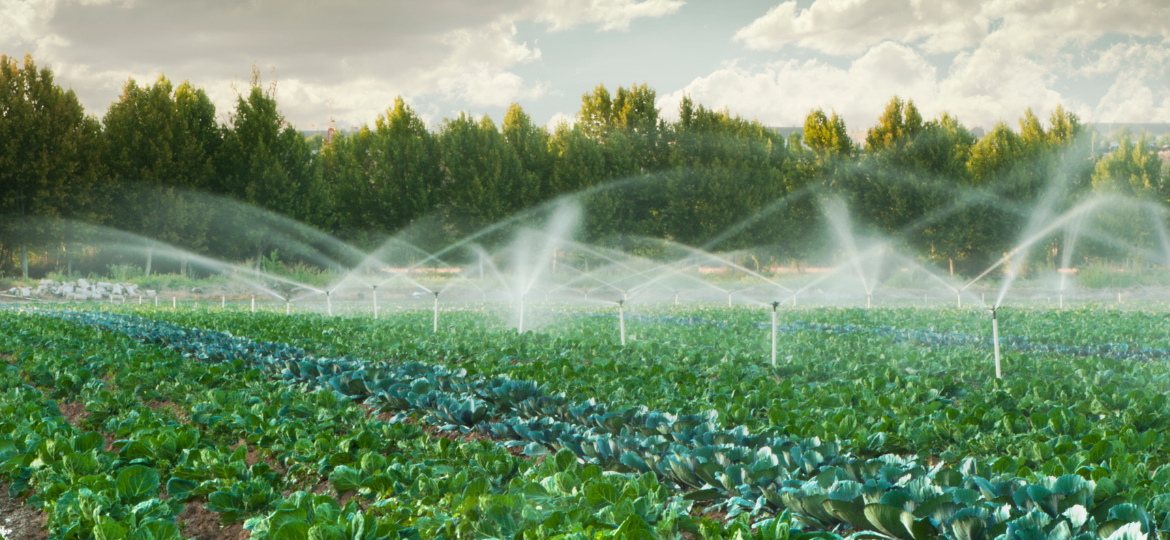
A standard regulation on reused water: a further step towards water security
Good quality water in sufficient quantity is vital for the sustainable development of society and the growth of the European economy. However, freshwater resources in EU countries are increasingly under pressure, leading to water stress and poorer water quality. In addition, climate change, with its unpredictable patterns and more frequent and severe droughts, contributes significantly to reduced water availability.
The EU is a world leader in agri-food exports and employs more than 40 million people. However, the agricultural sector is also one of Europe’s largest consumers of freshwater, accounting for approximately 50% of total annual water consumption.
In this sense, in line with the European Green Deal and the principles of the Circular Economy, improving the efficiency of the European continent’s water resources is necessary; therefore, water reuse is presented as one of the non-conventional solutions to be promoted.
The entry into force on 26 June 2023 of Regulation 2020/741 is a tool to help protect biodiversity, achieve zero pollution, adapt to climate change, and ensure human and animal health protection.
This new regulation sets minimum standards for citizens and businesses in the Union to have confidence in the quality of reclaimed water and agricultural products. It requires urban wastewater, which has already been treated under the Urban Waste Water Treatment Directive, to be further manipulated to meet minimum quality standards to be suitable for agricultural use.
The regulation, which will apply in all Member States, lays down:
- Minimum water quality requirements in the European Union for the safe reuse of treated urban wastewater for agricultural irrigation;
- Harmonised minimum monitoring requirements, in particular, the monitoring frequency for each water quality parameter and validation monitoring requirements;
- Risk management provisions to assess and address potential additional risks to human and animal health; and potential environmental hazards;
- Permitting requirements for producing and supplying reclaimed water;
- Transparency, whereby critical information on any water reuse project is made publicly available.
Although it was initially considered that this regulation would consider all uses of reclaimed water (agricultural, urban, environmental, recreational, and industrial), opposition from some member states has meant that, for the time being, the regulation focuses on agricultural irrigation and does not include other uses of reclaimed water. However, it is not ruled out that, within five years, the European Commission will evaluate the application of this regulation to other specific uses.
Almar Water Solutions supports any action that guarantees that the use of treated wastewater, in this case for irrigating crops, is safe, transparent, and accessible. Reclaimed water in agriculture will play an essential role in the fight against water scarcity and drought, which is increasingly prevalent in Europe. The European Union is now equipped with new legislation protecting its water resources.

